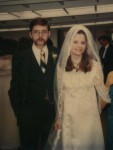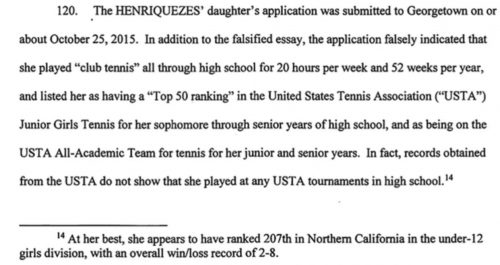North Bergen High School put on Alien as their school play. I am kind of blown away — amazing sets, all from recycled materials, cool costumes, scary story. The kids must have lusted to get a part. Click on the tweet to see more, people were posting video clips.
Last night the North Bergen High School in New Jersey put on 'Alien' as their school play and it looks absolutely incredible.#hrgiger#Alien#rushmore pic.twitter.com/5jopUecFil
— Paul Owens (@oh_pollo) March 23, 2019
I am reminded that our Morris Area High School had a fantastic theater department when my two youngest were attending. They put on two plays a year, not of SF spectacles, but one was always a musical, and these kids would just stun you with their talent and enthusiasm. Connlann and Skatje were both deeply involved in the shows — Connlann was a performer, Skatje was into theater tech — and they were so inspired by the work.
Then the school district, incomprehensibly, killed the program and let the teacher who was so good at these things go. That was so stupid and short-sighted. There is such an ignorant focus on just teaching what will help the kids get a job (and STEM benefits from that, unfortunately — so many young people thinking they should do science, engineering, or medicine for all the wrong reasons) that they kill the dreams…and it’s the dream that carries people forward.









